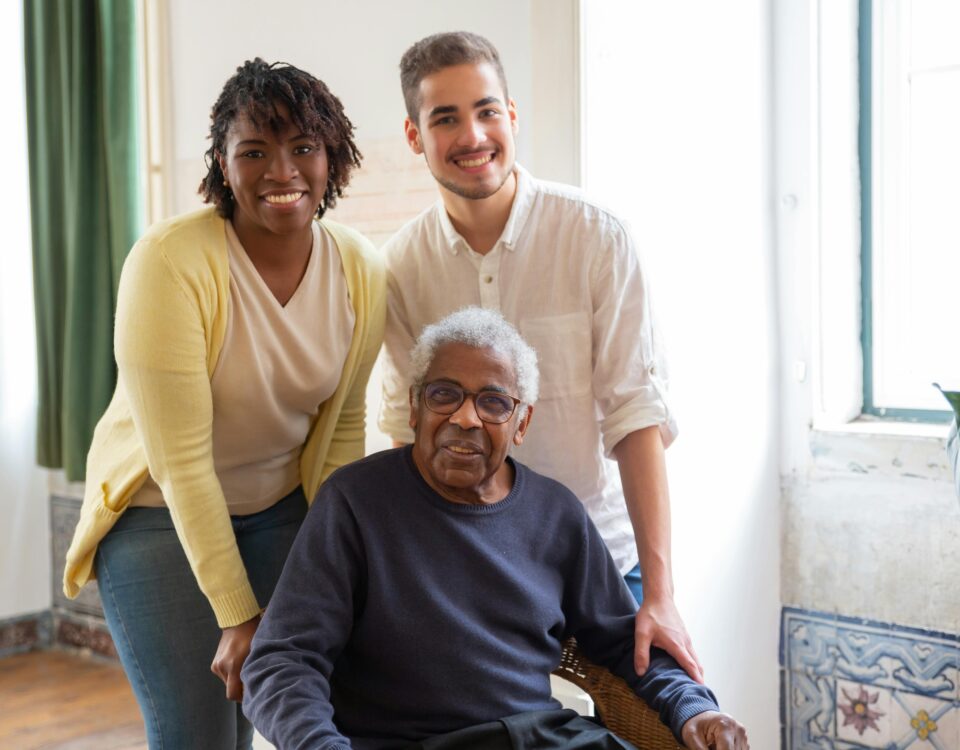Five Ways to Reduce Alzheimer’s Aggression for Your Aging Adult

What Can You Do to Remember Your Own Interests?
May 29, 2018
Family Caregivers Need Help From Home Care Services Providers
June 11, 2018Five Ways to Reduce Alzheimer’s Aggression for Your Aging Adult
Part of dealing with the effects of aggressive behavior from your senior with Alzheimer’s disease involves learning more about what causes the behavior. From there, you can put some of these solutions in place.

Senior Care Seal Beach CA – Five Ways to Reduce Alzheimer’s Aggression for Your Aging Adult
Learn What Precipitates Aggressive Behavior
You may find that you need to start paying closer attention to what happens before your senior has an aggressive episode. There may be some subtle cues that let you know that aggression is potentially building. For instance, your senior may not like being out amongst other people, but you don’t realize that until you start putting together that aggression accompanies outings.
Use Notes, Labels, and Signs
Another common trigger for aggressive behavior is that your senior doesn’t remember where things, rooms, and objects are. Labeling rooms, cabinets, and containers is an excellent way to give your senior assistance that she can use without making her feel infantilized. Signs on rooms, common objects, and drawers and cabinets can help quite a bit.
Let Her Know Her Feelings Are Valid
Even though aggression itself isn’t something that you or your elderly family member really want to experience, the feelings behind the aggression are valid. Your senior is experiencing frustration, anger, or other emotions for a valid reason. Let her know that what she’s feeling is valid, even if her actions aren’t something that you appreciate.
Stick with Routines as Much as Possible
Routines can help your senior to experience far fewer triggers and events that might cause her to feel frustrated and upset, which can lead to aggressive behavior. Senior care providers can help you to establish routine that work well for your elderly family member and for you as well. After you’ve got routines in place, senior care providers can help you to maintain them.
Remember that the Aggression Isn’t Personal
Something else to remember is that the aggression isn’t personal. It’s difficult to keep that in the forefront of your mind when you’re deep in the midst of dealing with one of these aggressive episodes. Having outlets of your own and having your own support network helps you to keep your perspective about these times that your senior is venting in an aggressive manner.
Your senior’s doctor can help you to determine potential triggers and find solutions for them. Some days are likely to be better than others, so remember that you’re not necessarily going to see the same results every time. Remember that you and your loved one are both doing the best you can under the circumstances.

